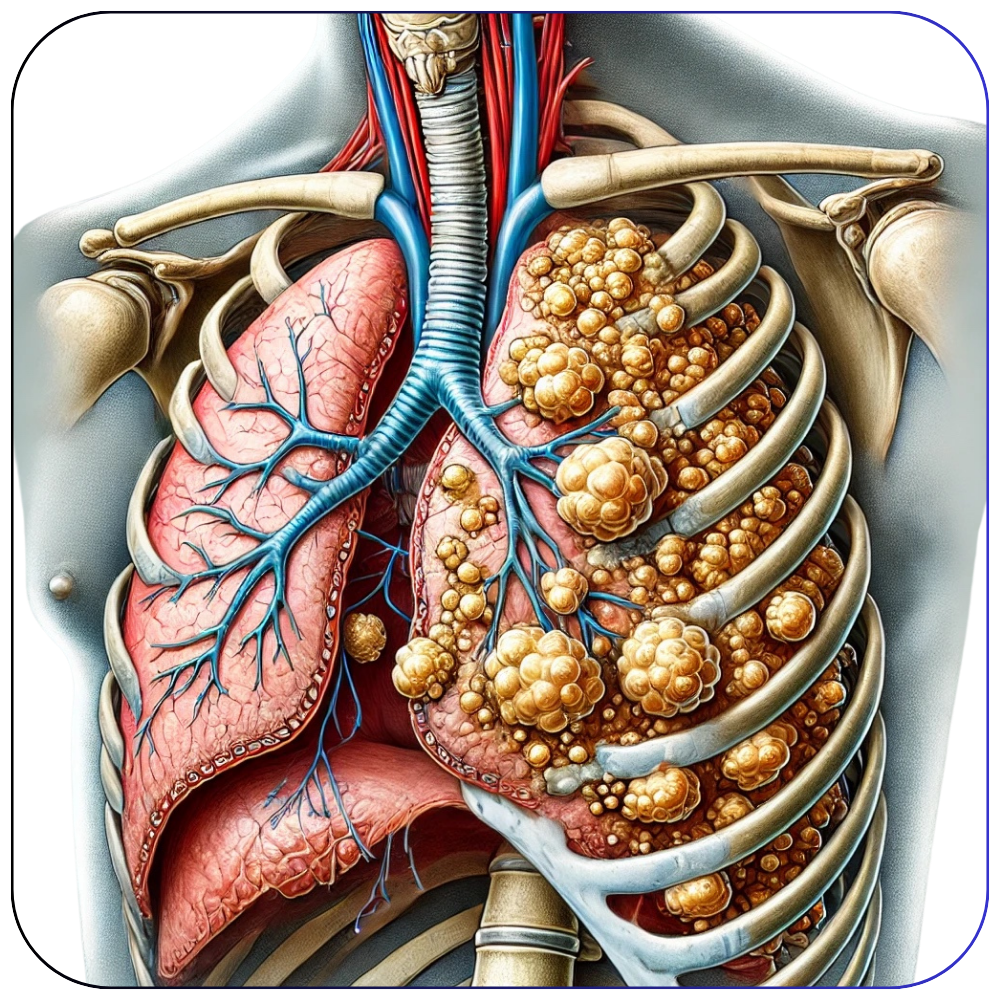Thoracoscopy, also known as video-assisted thoracoscopic surgery (VATS), is a minimally invasive surgical procedure used in the diagnosis and treatment of various pleural conditions, including chronic empyema. Chronic empyema is a persistent collection of pus in the pleural space, typically resulting from unresolved pneumonia, lung abscess, or thoracic surgery. It can lead to the formation of thick fibrous tissue and loculated (compartmentalized) pockets of pus, which can cause significant respiratory distress and other complications if not treated effectively.

In the management of chronic empyema, thoracoscopy plays a crucial role. The procedure involves the insertion of a thoracoscope (a small camera) and surgical instruments into the pleural space through small incisions in the chest wall. This allows the surgeon to visually assess the pleural cavity, drain the pus, break down fibrous septations, and remove any thickened pleural tissue or debris. Thoracoscopy offers a less invasive alternative to traditional open surgery, with the benefits of reduced postoperative pain, shorter hospital stays, and quicker recovery times. It is particularly useful when initial treatments like antibiotics and simple chest tube drainage are insufficient to resolve the infection. In some cases, chemical pleurodesis or pleural decortication (removal of the thickened pleura) may be performed during thoracoscopy to prevent recurrence of the empyema.
